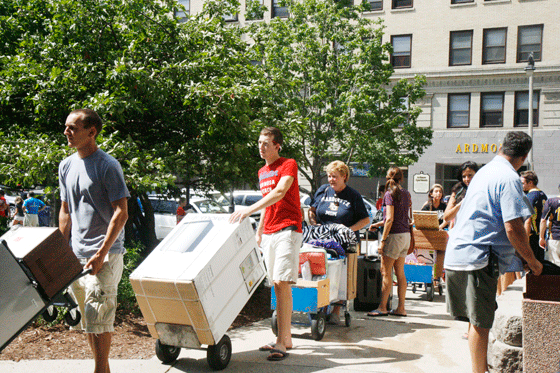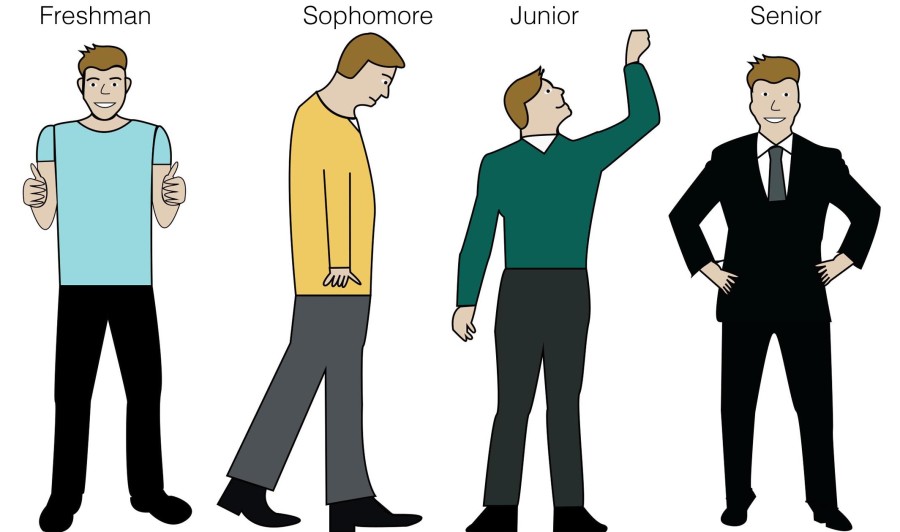
Eighty-nine percent of first-year students say it’s unlikely they’ll transfer during their time at Marquette, and 82 percent feel a sense of belonging on campus, according to the results of the 2016 First-Time, First-Year Student Survey by the Office of Institutional Research and Analysis. However, this months-old data from the start of the academic year and the assumptions it appears to make raise some red flags and call for a critical look into the results.
As has been the case for several years, first-year students take this survey in August during New Student Orientation, answering questions about predicted academic success, extracurricular activities and concerns. A recent press release boasted the positive 2016 results.
The 2016 survey added two new statements for students to state their level of agreement or disagreement with: “I feel a sense of belonging on Marquette’s campus” and “I feel valued as a member of the Marquette community.”
For both, about 80 percent of respondents “strongly agreed” or “agreed.”
However, given these responses are from August, they seem inauthentic. They prove New Student Orientation makes a majority of students feel welcome, but what about when the excitement of Orientation subsides and the grind of the semester sets in?
The other new question on the 2016 survey asked students about their likelihood of transferring to another university before graduation. Again, students’ first-week impressions cannot accurately predict how they’ll feel next month, semester or year.
In fact, the 2016 Graduating Senior Survey results show that 32 percent of respondents seriously considered transferring at one point during their time at Marquette.
Despite concerns with timing, the First-Time Survey is not meaningless. Some information about first-year students that can be gleaned from the results is useful to know as soon in the semester as possible.
For example, the executive summary of the 2016 survey showed only 52 percent of students knew who their academic adviser was when the survey was conducted during Orientation, the lowest of the past five years.
The university has been quick to improve these low numbers. An advising center in the College of Engineering is being created, student support services are being centralized in Coughlin Hall and a first-year seminar will be offered fall 2017.
As is the case for all surveys and research studies, limitations must be acknowledged when analyzing results, and university staff in charge of the survey are fully aware of its limitations in regard to timing.
Jodi Blahnik, director of student affairs assessment at the Counseling Center, said in an email, “the results must be interpreted in their context — they are a measure of student concerns, expectations, etc. at the beginning of (first-year students’) Marquette experience.”
Blahnik also said the data from this survey is helpful when comparing it to the Graduating Senior Survey and the National Survey of Student Engagement.
While it is important to address the concerns of freshmen from their first day on campus, wouldn’t it be more effective to do so again later in the year? If a similar survey were conducted at the end of first semester, perhaps the university could understand better and address persisting problems that arise during a student’s first year.
The First-Time Survey provides valuable information to administration and contributes to increased student support efforts. As students, it is our duty to engage with this information we are shown and take a critical approach to what the results truly mean.


